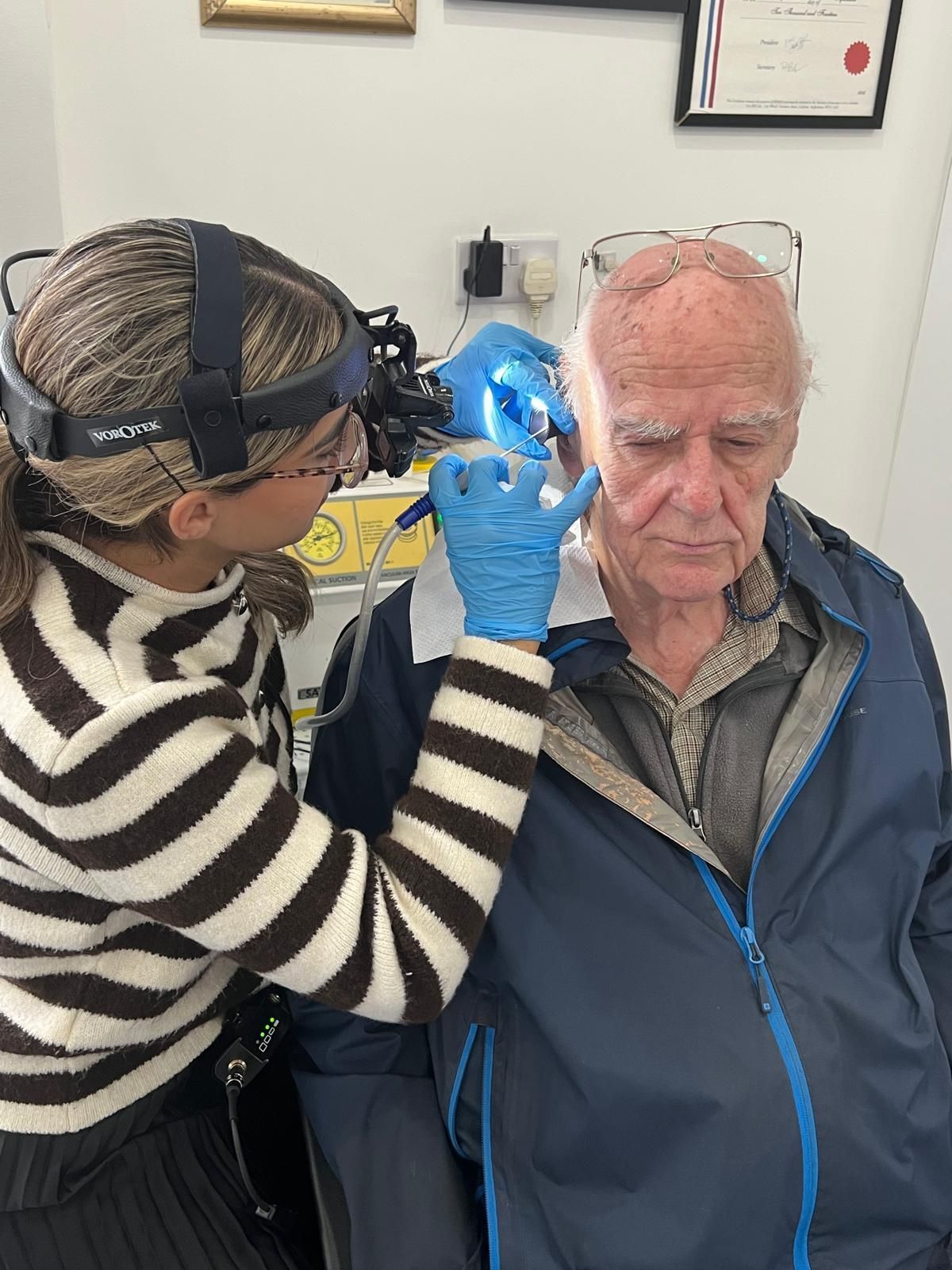Common Treatments for Temporary Hearing Loss
You are said to suffer temporary hearing loss if you experience a ringing in your ear(s) or a full muted hearing in either ear. When you experience these conditions, it will be possible that you have a sensorineural hearing loss (SSHL) that occurs because of the damage to the sensory organs within the inner ear. Below are common treatments for temporary hearing loss.
Common Causes of Temporary Hearing Loss
Before we examine the common treatment for temporary hearing loss, you must understand the causes of the temporary hearing loss. Some temporary hearing loss treatment options will depend on what caused the hearing loss and the extent of the damage. Common causes may include:
- Allergies
- Illness
- Medications
- Obstructions
- Loud music or trauma
- The build-up of fluid
Testing for Temporary Hearing Loss
Your audiologist needs to rule out the possibility of your condition being permanent. An examination helps the audiologist to administer the correct treatment moving forward. Common tests may include:
● Audiometry with pure tones
● Bone conduction testing
● Evaluation of auditory brain stem response (ABR testing)
● Assessment of listening ability and vocabulary recall
● Otoacoustic emissions (OAE) evaluations
In addition, your audiologist will look in your ears to see if anything visually unusual is happening.
Treatment for Temporary Hearing loss
Different factors cause temporary hearing loss, and there will need for various treatment methods. Treatment for temporary hearing loss can include:
● Rest, including silence.
● Steroid medication is among the most often used therapies for sudden deafness, particularly when the underlying cause is unclear. These steroids are effective in treating a wide variety of illnesses because they reduce inflammation. In addition, the decreased oedema may assist the body in warding off any potential infections.
● You may need to take precautions if the hearing loss is caused by your environment, such as loud noises. Wearing earplugs or other ear protection can prevent further damage to your hearing.
● You may simply need an ear cleaning to remove physical blockages such as a build-up of earwax.
● Stopping specific medications can also work to combat temporary hearing loss. Discussing your full medical history is important when determining the cause of your temporary hearing loss.
Contact your audiologist or our team at Ealing Hearing Centre, to learn more about temporary hearing loss and your possible treatment options. While losing your hearing for any amount of time can be challenging and worrisome, temporary hearing loss is often just that. With rest and with the guidance of an audiologist, you will be hearing well soon!



